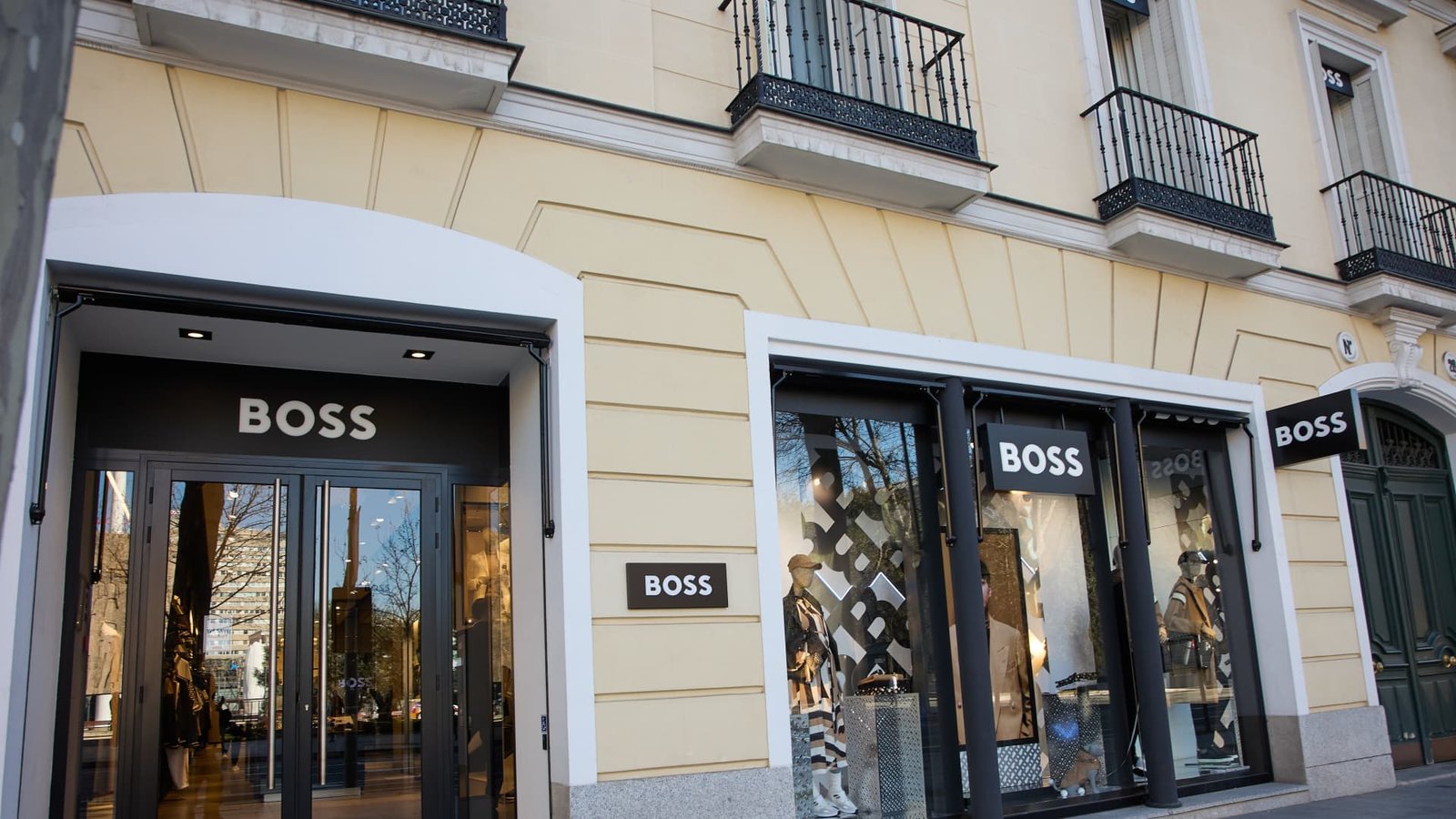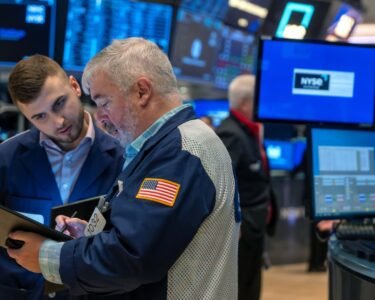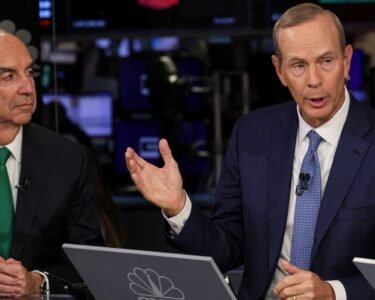Hugo Boss, the renowned German high-end fashion brand, has recently faced a setback in its financial performance, causing its shares to plummet by 18% and raising concerns about its ability to meet its 2025 sales target. The company, which had been experiencing a steady growth in sales, saw its stock price decline significantly after disclosing that it may struggle to maintain its growth trajectory due to weakening consumer demand.
The unexpected announcement from Hugo Boss sent shockwaves through the fashion industry, with investors and analysts closely monitoring the situation to assess the potential impact on the brand’s long-term prospects. The company’s management attributed the sales slowdown to a combination of macroeconomic and geopolitical factors that have dampened consumer sentiment and led to a more cautious outlook for the upcoming year.
Despite the challenges facing the luxury fashion market, CEO Daniel Grieder remains optimistic about the company’s future prospects, emphasizing its resilience and ability to adapt to changing market conditions. Grieder acknowledged that 2023 had been a record year for Hugo Boss, with sales reaching 4.2 billion euros, representing an 18% increase from the previous year. However, he also acknowledged that achieving the ambitious goal of 5 billion euros in sales by 2025 may be delayed, citing the current economic climate as a contributing factor.
In response to the changing market dynamics, Hugo Boss is adjusting its sales forecast for the coming year, projecting a more modest growth rate of 3% to 6%. Despite the challenging environment, Grieder remains confident in the brand’s positioning as an “affordable luxury” label that offers value for money without compromising on quality. He emphasized that Hugo Boss’s pricing strategy and product offering are well-suited to meet the evolving needs of consumers in a rapidly changing landscape.
The company’s ability to navigate the uncertain economic environment and maintain its position as a top player in the luxury fashion market will depend on its ability to innovate, adapt, and respond to shifting consumer preferences. In recent years, Hugo Boss has made significant investments in digitalization, sustainability, and brand diversification to stay ahead of the curve and cater to a new generation of consumers who prioritize value, authenticity, and sustainability in their purchasing decisions.
Despite the short-term challenges facing the brand, Hugo Boss remains a formidable player in the global fashion industry, with a loyal customer base and a strong brand identity that resonates with consumers worldwide. The company’s commitment to quality, innovation, and sustainability will continue to drive its growth and ensure its long-term success in an increasingly competitive marketplace.
As Hugo Boss navigates the ups and downs of the fashion industry, investors, analysts, and consumers alike will be closely watching to see how the brand responds to the evolving market dynamics and positions itself for future growth. With a legacy of excellence and a commitment to innovation, Hugo Boss is well-positioned to weather the storm and emerge stronger and more resilient in the face of uncertainty.




